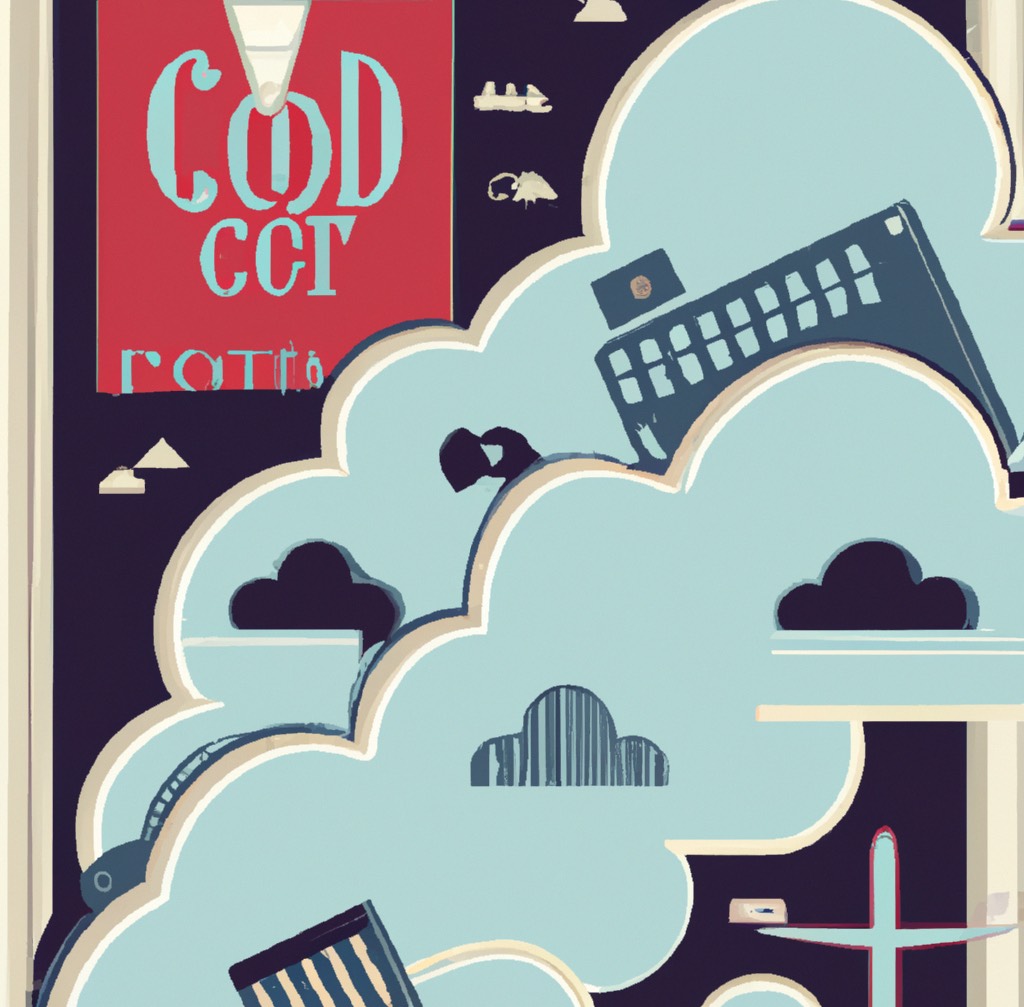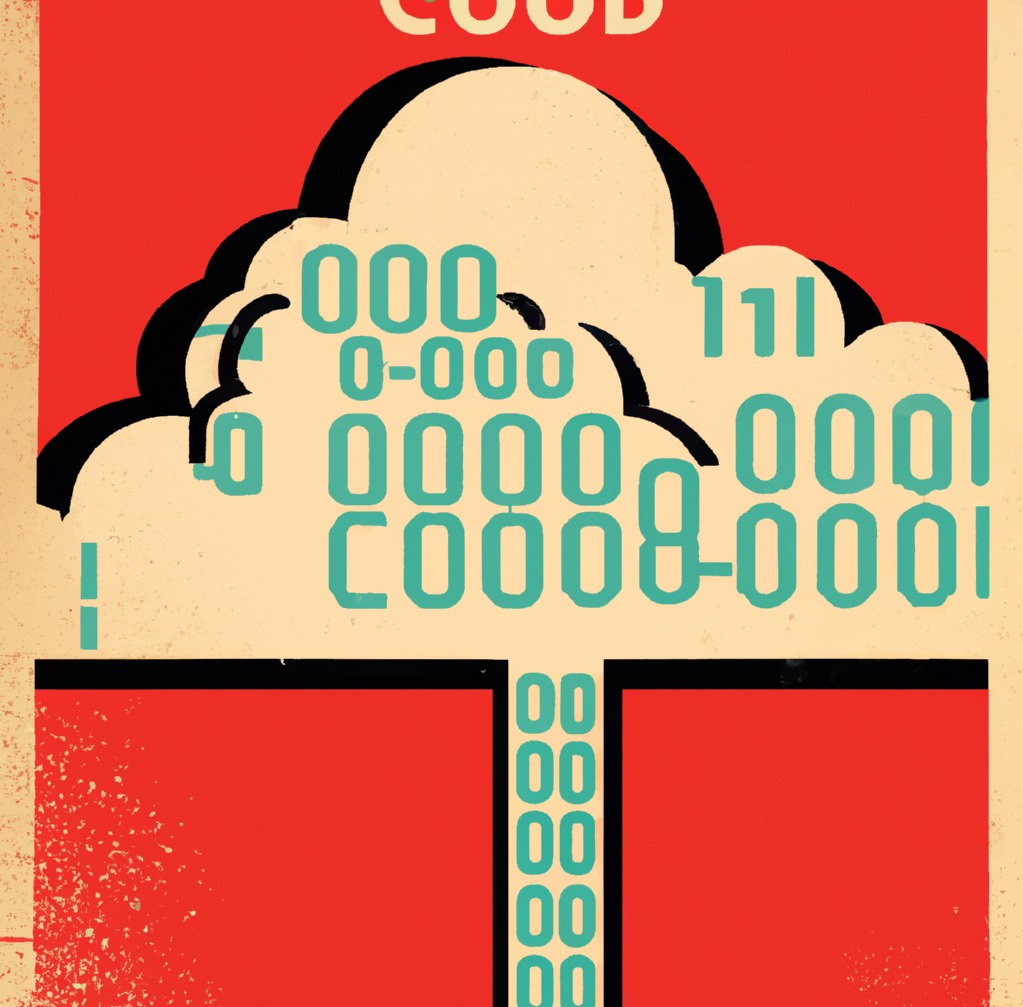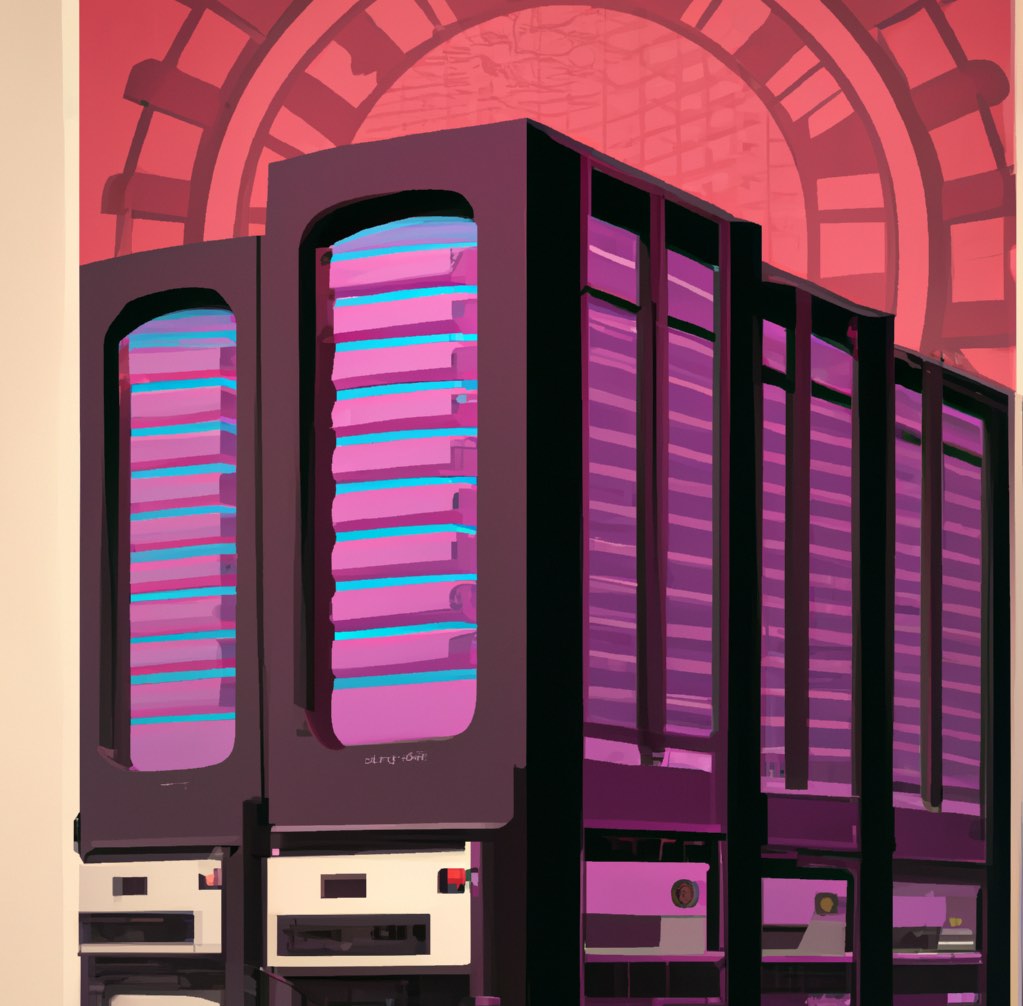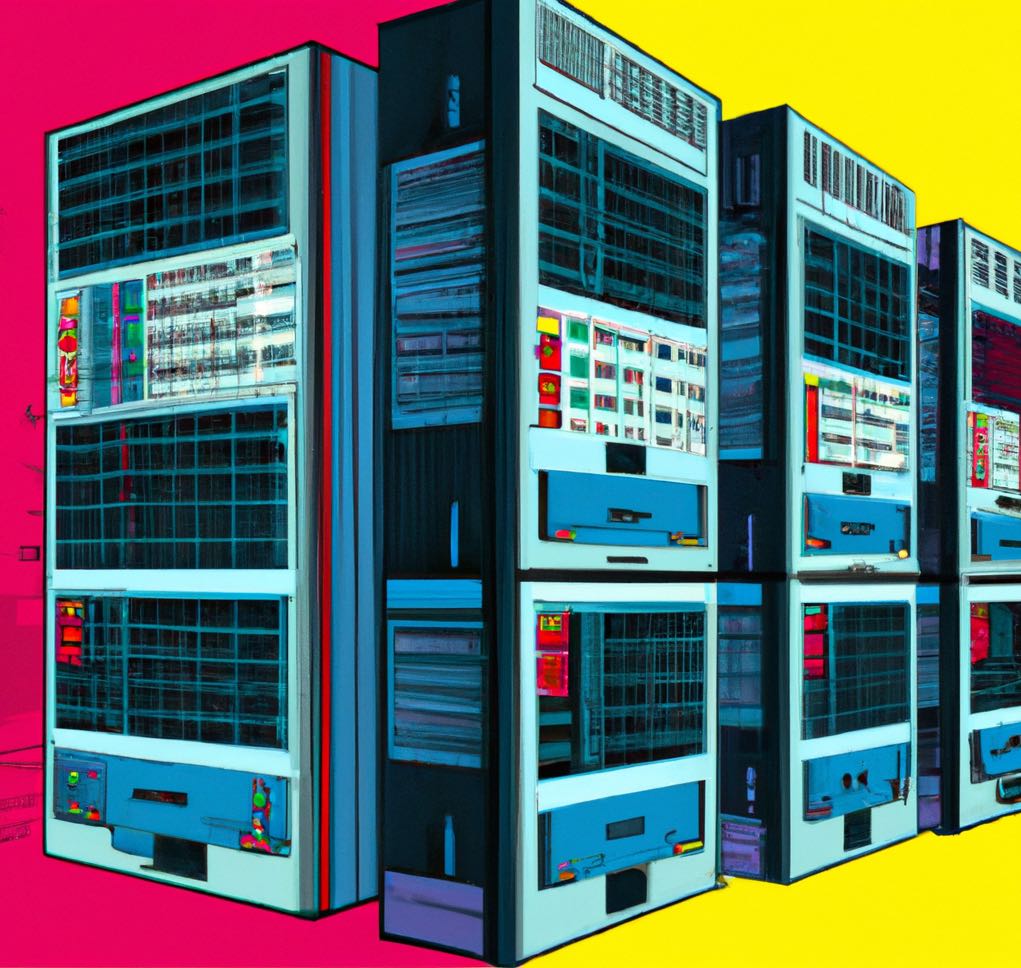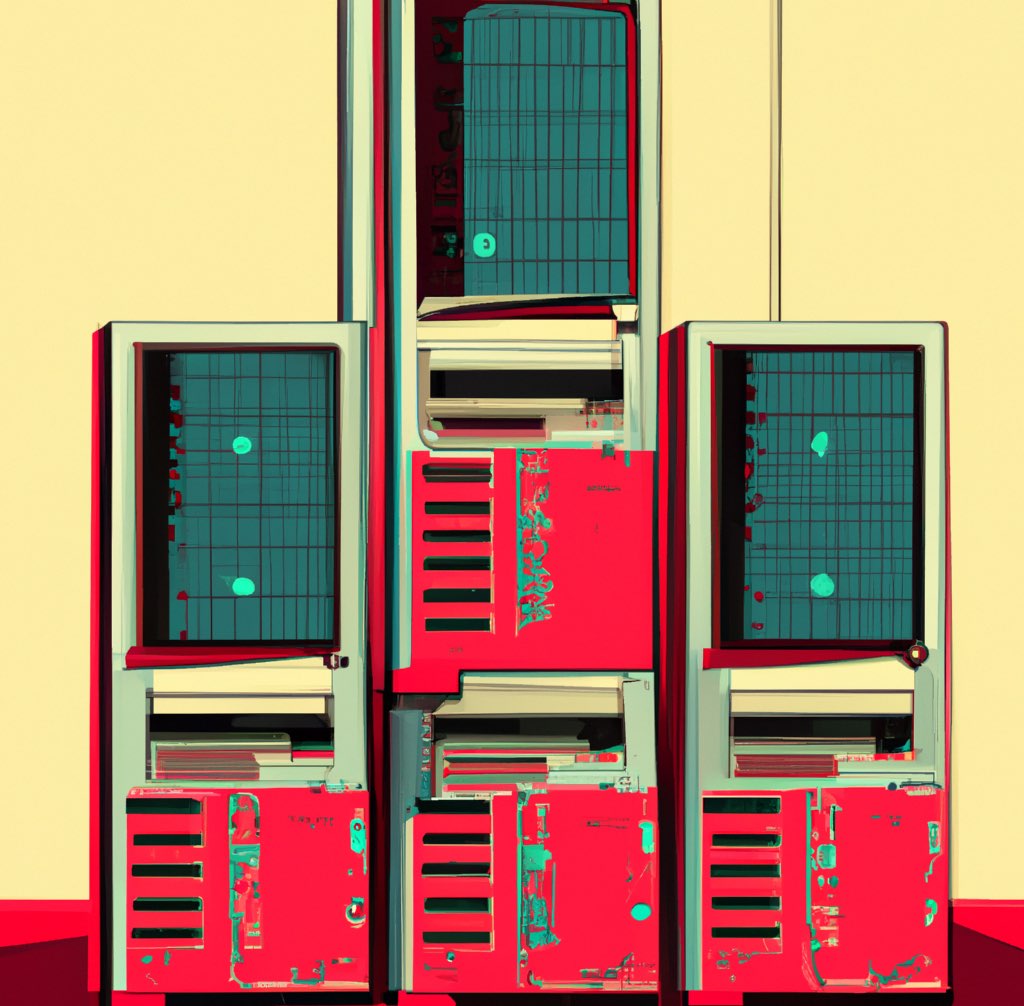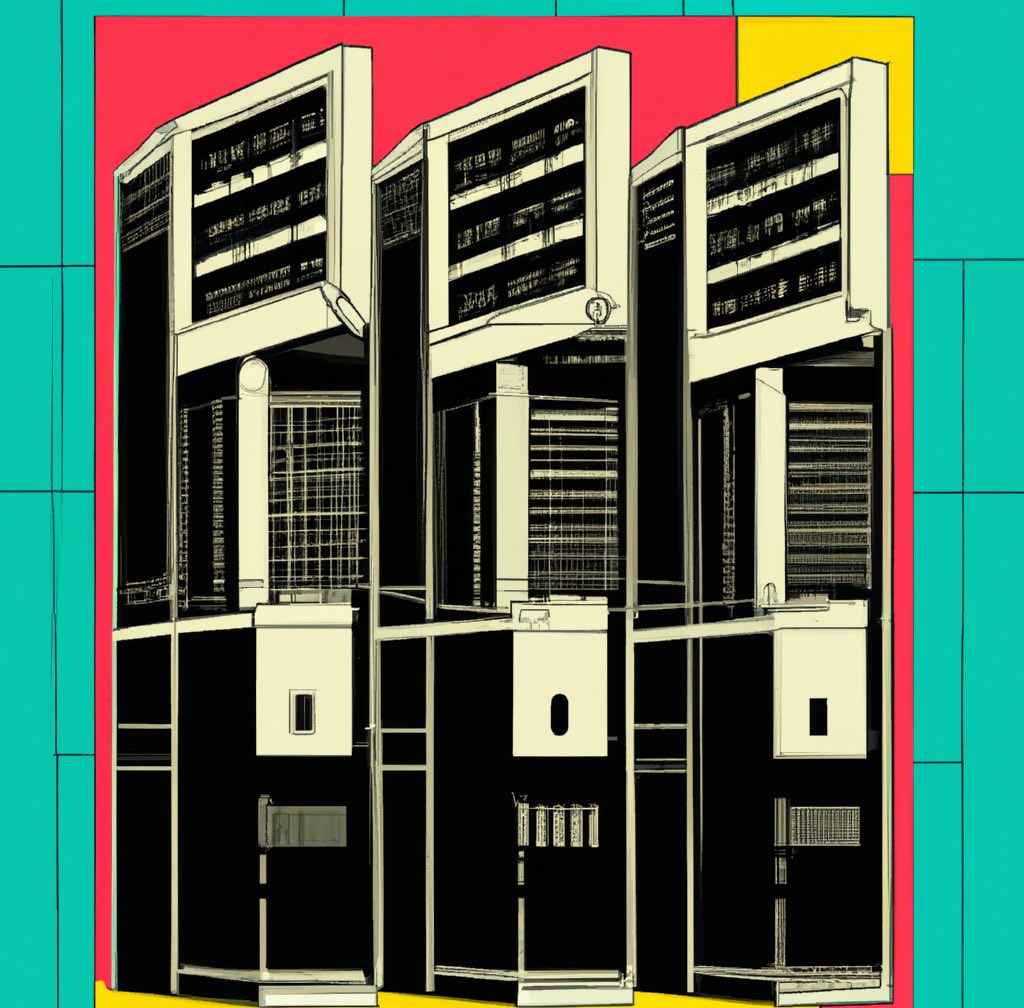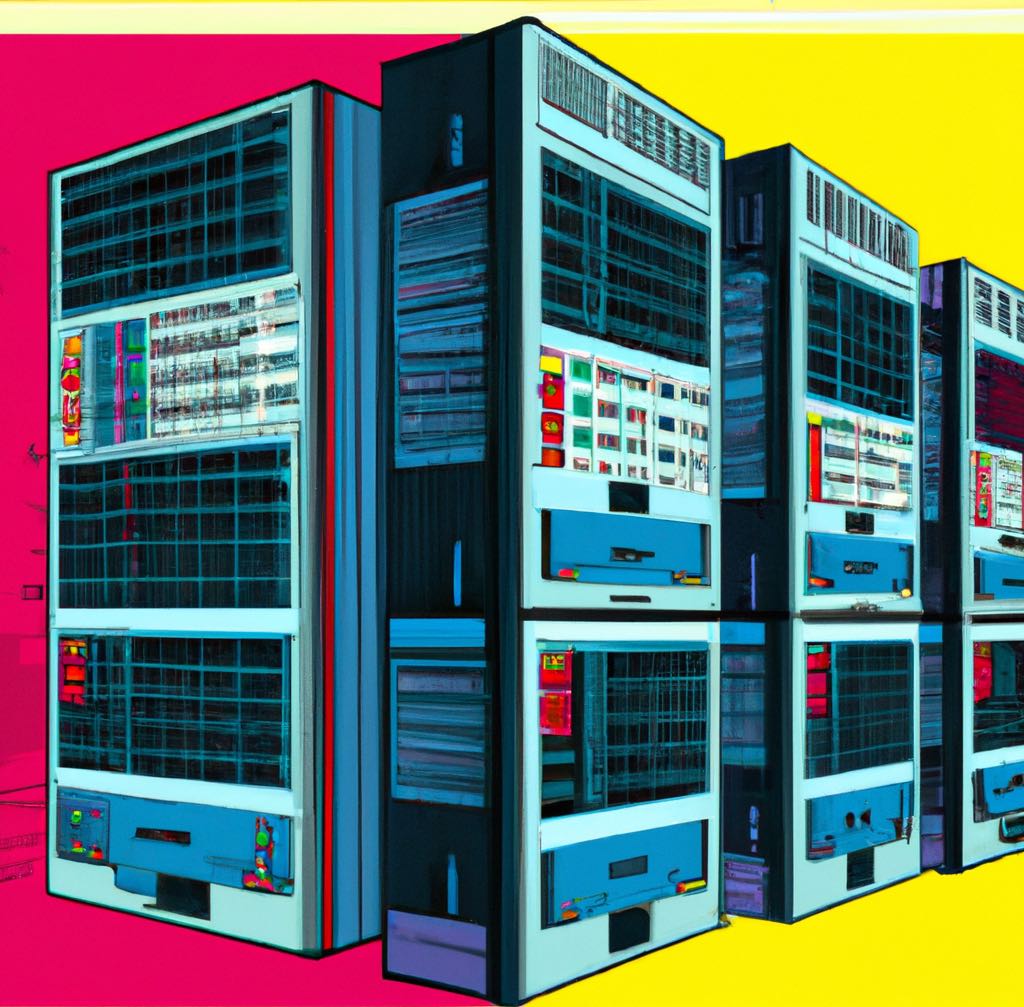-
What are the main providers of ‘Cloud security’ solutions?
The main providers of cloud security solutions are Amazon Web Services (AWS), Microsoft Azure, Google Cloud Platform (GCP), IBM Cloud, and Oracle Cloud. Each of these providers offers a range of security services, and the specific services and features offered can vary between providers. Choosing the best provider for your needs will depend on the…
-
What are the main ways of tackling ‘Cloud security’ threats?
There are several key strategies that organizations can use to tackle cloud security threats, including: By implementing a combination of these strategies, organizations can reduce the risk of cloud security threats and improve their overall security posture in a cloud computing environment.
-
What are the main “Cloud security” threats?
Cloud security threats refer to the potential security risks and vulnerabilities that organizations face when storing and processing data in a cloud computing environment. Some of the main cloud security threats include: Organizations need to be proactive in implementing appropriate security measures and controls to mitigate these and other cloud security threats. This includes regularly…
-
What is the Cloud Native Landscape?
The Cloud Native Landscape is a classification system for cloud-native technologies and platforms, created and maintained by the Cloud Native Computing Foundation (CNCF). It provides a comprehensive overview of the cloud-native ecosystem, including projects and tools for container orchestration, service discovery and load balancing, continuous integration and delivery, and more. The Cloud Native Landscape is…
-
What’s the difference between Kubernetes, Airflow, Docker, Terraform and Lambda?
Kubernetes, Airflow, Docker, Terraform, and AWS Lambda are all different technologies, but they are often used together to build and deploy applications in a cloud-native environment.
-
What are the main considerations in buying from a cloud storage provider.
When buying cloud storage from a provider, there are several key considerations to keep in mind: By considering these factors, you can choose a cloud storage provider that meets your organization’s specific needs and requirements, and that can help you to effectively store, manage, and retrieve your data in the cloud. Storage is one of…
-
How do you control cloud computing costs?
Controlling cloud computing costs can be challenging, but there are several strategies that organizations can use to keep costs under control: By following these strategies, organizations can better control cloud computing costs, and optimize the use of their cloud resources, to ensure that they are getting the most value out of their cloud investments.
-
What are serverless computing services?
Serverless computing is a cloud-computing execution model in which the cloud provider is responsible for managing the infrastructure and provisioning the necessary resources for running the code, while the customer pays only for the resources and time consumed by their specific application. Serverless computing services allow developers to run their code without provisioning or managing…
-
What is Docker?
Docker is a containerization platform that allows developers to package and deploy their applications in a consistent and portable manner. A container is a lightweight, standalone, and executable package of software that includes everything needed to run the application: code, runtime, system tools, libraries, and settings. Containers allow developers to package and distribute their applications…
-
What is Kubernetes?
Kubernetes is an open-source container orchestration system. It is designed to automate the deployment, scaling, and management of containerized applications. Containers are a lightweight way of packaging and deploying software, they bundle all the necessary dependencies and configurations into one package making it easy to move and run the application on any infrastructure. Kubernetes provides…

